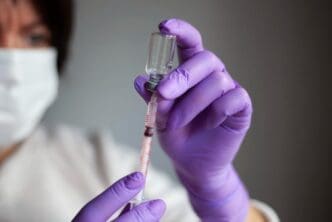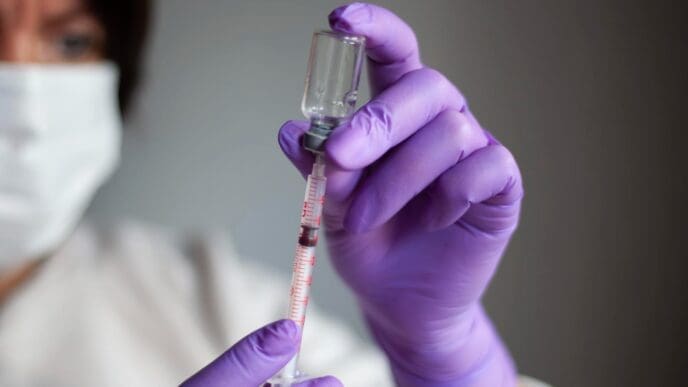In psoriasis, immune system dysfunction results in inflammatory cells accumulating in the dermis, the middle layer of the skin, while accelerating skin cell growth in the epidermis. Normally, skin cells grow and shed over a month. However, in psoriasis, this process accelerates to a few days, causing skin cells to pile up, leading to symptoms like scales, swelling, and redness. This inflammation extends beyond the skin, increasing the risk of heart disease, cancer, inflammatory bowel disease, and psoriatic arthritis.
Lifestyle and dietary changes can significantly reduce psoriasis-related inflammation, enhancing quality of life. Many achieve remission—a prolonged period without symptoms—through these methods. Medications also play a crucial role in managing inflammation, including topical corticosteroids, biologics, and oral medications.
Diet is crucial in managing systemic inflammation. Certain dietary patterns can provoke or alleviate psoriasis symptoms. Avoiding foods with pro-inflammatory substances, like soda and processed snacks, can reduce inflammation. Conversely, an anti-inflammatory diet rich in fruits and vegetables can lessen symptoms. For example, a 2018 study indicated that individuals following a Mediterranean diet experienced milder symptoms.
Weight management is essential since obesity is a known risk factor for psoriasis. Those with excess weight often face more severe symptoms. A study from 2020 showed that individuals who lost 12% of their body weight saw a significant reduction in psoriasis severity, with participants losing an average of 23 pounds.
Adopting healthy habits can also reduce inflammation. Quitting smoking and limiting alcohol are beneficial, as both worsen inflammatory diseases like psoriasis. Regular exercise, adequate sleep, and managing stress through techniques like meditation or yoga are recommended. Poor sleep and chronic stress increase inflammation markers, with up to 88% of individuals with psoriasis citing stress as a symptom trigger.
It is advisable for individuals experiencing psoriasis flare-ups to consult their healthcare providers. They can offer tailored treatment suggestions and lifestyle advice to manage inflammation and symptoms effectively. Discussions may include dietary changes and possibly vitamins or supplements.
While psoriasis remains without a cure, individuals can take targeted steps to reduce inflammation and improve their condition. Through informed lifestyle and dietary choices, combined with medical consultation, many can achieve remission and enjoy an improved quality of life.
Source: Medicalnewstoday












